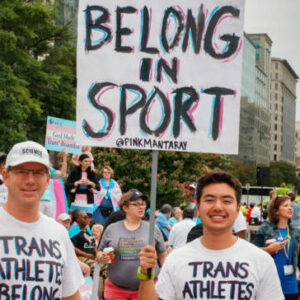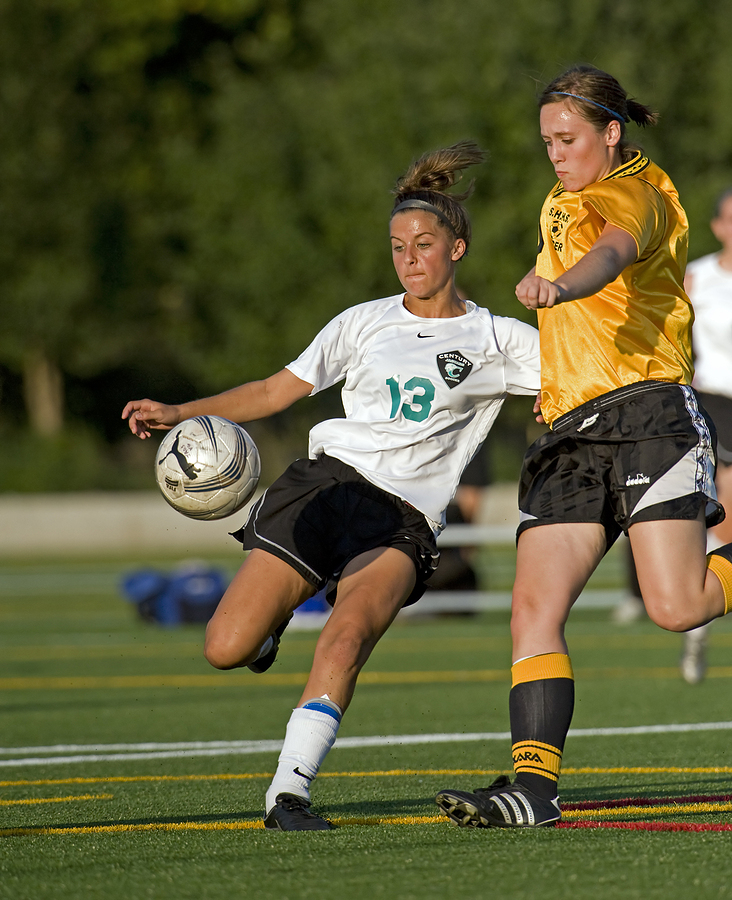In the shifting sands of American politics, the Democratic Party stands at a pivotal moment. Frequently cast as the Party of “Yes,” Democrats have embraced a host of progressive causes — abortion rights, expansive immigration policies, and LGBTQ+ inclusion, to name a few. This tendency often places them on the minority side of issues where […]






